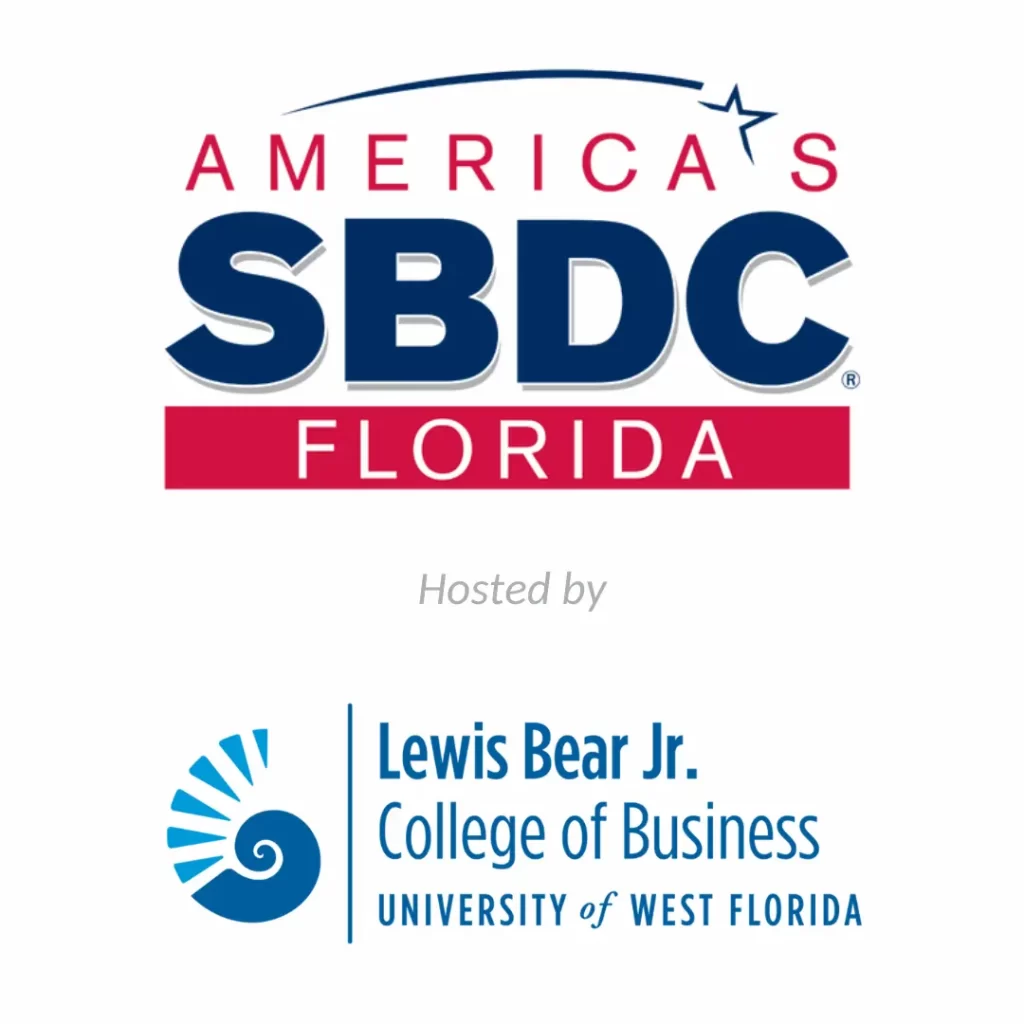The Strength of the Latino Community in the U.S. Retail Sector
By Marina Boeira
The Latino community plays a crucial role in the U.S. retail sector, both as an indispensable workforce and as a growing base of entrepreneurs shaping the economy. With approximately 65 million Latinos in the American population, this community not only drives consumer markets but also brings significant changes to the retail landscape.
The dedication, resilience, and work ethic of Latinos are often cited as fundamental factors in the success of many businesses. Major brands, such as Amazon and Target, are investing in specific programs to support and integrate the Latino community.
Furthermore, Latino purchasing power—estimated at over $2 trillion—directly influences trends and research in the retail sector. However, despite this economic and social relevance, the Latino community faces a contrasting reality: lower wages, fewer benefits, and limited opportunities compared to the national average.
While inclusive initiatives are growing, inequality remains for Latino workers, who mostly occupy low-wage positions with limited benefits typical of retail operations. This situation is exacerbated by structural discrimination and language barriers, which often hinder advancement into leadership roles or even fairer working conditions. Even those with qualifications equivalent to other workers often face obstacles that restrict their career progression. Additionally, the lack of representation in managerial positions perpetuates cycles of exclusion and limits the implementation of policies that could benefit the community.
Investing in the inclusion of the Latino community goes beyond ethical issues; it is a strategic growth opportunity for retail. Valuing this workforce, combined with expanding educational initiatives and policies that promote equality, can reduce disparities.
Moreover, the rise of Latino entrepreneurs highlights the potential of this community to create innovative solutions and increase its market influence. With adequate support, these entrepreneurs can further transform the retail sector.
The Latino community is not just an essential part of U.S. retail operations but also an engine of economic growth. However, to fully realize their potential impact, dismantling structural barriers and combating prejudice is crucial. Promoting equality is not just a matter of social justice but also a strategic step for the future of retail. By addressing historical disparities and embracing diversity, the sector can become stronger, more inclusive, and more prosperous.
About Marina Boeira: Marina is the Assistant Director for the Florida SBDC at UWF in Panama City Beach, which provides no-cost business consulting to small businesses. With over a decade in management for a Fortune 500 delivery company and experience as small business owner, Marina joined the SBDC to help other entrepreneurs achieve their goals and strengthen her community. She holds a BS in Organizational Management and Entrepreneurship from Gulf Coast State College. Contact her at: [email protected]




